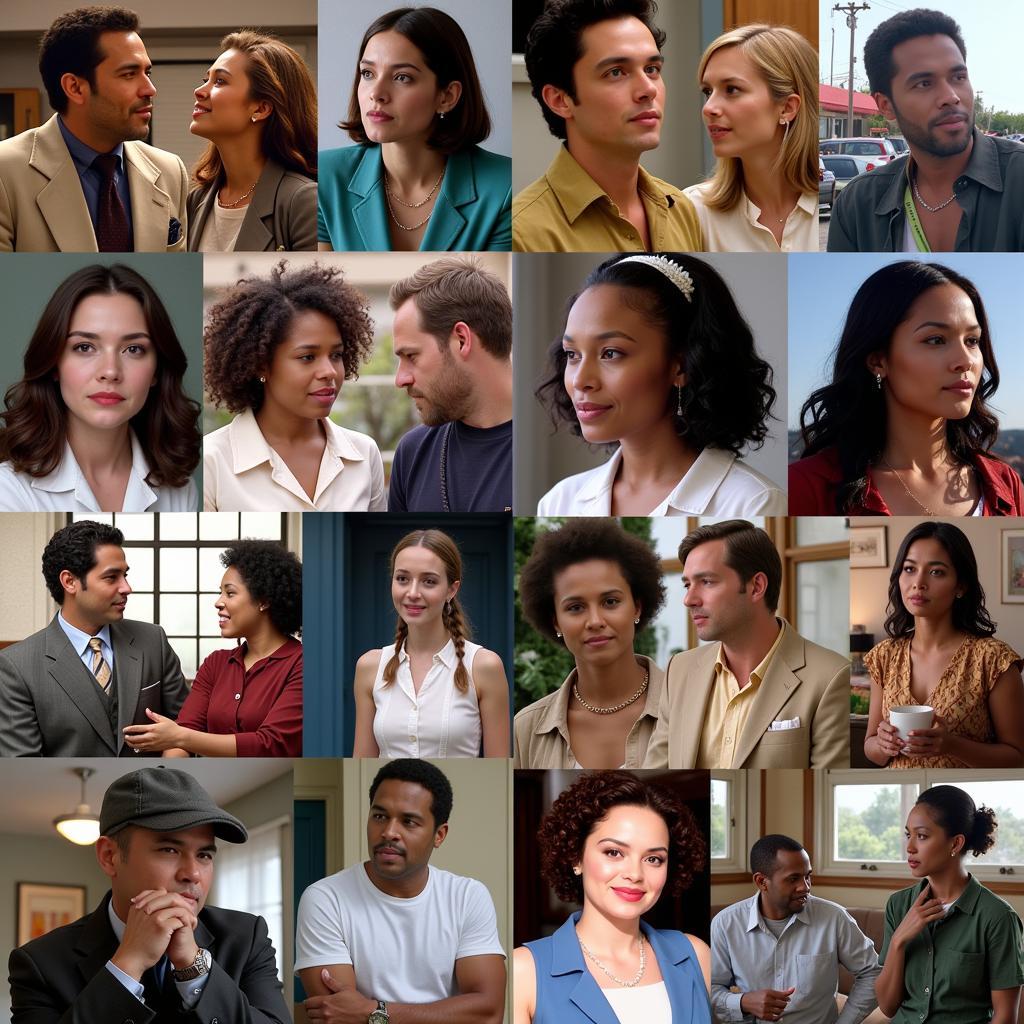Movies have the power to transport us to different worlds, evoke a range of emotions, and even challenge our perspectives. Some films go beyond mere entertainment and leave a lasting impact on society, sparking conversations, influencing policies, and shaping cultural understanding. These are the movies that resonate long after the credits roll, prompting reflection, action, and sometimes even societal change.
 Movie Scenes That Ignited Dialogue
Movie Scenes That Ignited Dialogue
The Power of Storytelling for Social Change
Movies can be powerful tools for social commentary. By weaving important issues into engaging narratives, filmmakers can reach a broad audience and ignite discussions on topics that might otherwise remain silenced. These films often shed light on social injustices, historical events, or cultural biases, prompting viewers to confront uncomfortable truths and consider different perspectives.
Take, for instance, the landmark film “To Kill a Mockingbird” (1962). This adaptation of Harper Lee’s Pulitzer Prize-winning novel tackled racial prejudice in the American South, exposing the devastating consequences of bigotry and the importance of empathy and justice. The film’s impact was undeniable, sparking national conversations about race relations and contributing to the growing Civil Rights Movement.
Documentaries: A Window into Reality
While fictional films can effectively address social issues, documentaries offer a raw and unfiltered lens into real-world events and individual experiences. Documentaries have the power to expose injustices, raise awareness about critical issues, and even mobilize viewers to take action.
“An Inconvenient Truth” (2006), for example, presented a stark and compelling case for the urgent need to address climate change. Featuring former US Vice President Al Gore, the film presented scientific data, personal anecdotes, and powerful visuals to convey the realities of global warming. The film’s impact was significant, galvanizing a global movement for climate action and influencing policy decisions worldwide.
How Movies Influence Our Values and Beliefs
Movies can profoundly impact our values and beliefs, often subtly shaping our perceptions of the world. From the portrayal of different cultures to the exploration of moral dilemmas, films can challenge our assumptions, broaden our understanding, and encourage empathy for others.
Classic coming-of-age films, such as “The Breakfast Club” (1985) and “Dead Poets Society” (1989), explored themes of identity, conformity, and the pressures of adolescence. These films resonated with audiences, particularly young people, by offering relatable characters and exploring universal experiences. By prompting viewers to question societal norms and embrace individuality, these films left a lasting impact on how we view personal growth and the importance of staying true to oneself.
The Role of Movies in Shaping Cultural Understanding
Movies can serve as bridges between cultures, fostering understanding and appreciation for different perspectives. Through storytelling and visual narratives, films can transport us to different corners of the world, introducing us to new customs, traditions, and ways of life.
Ang Lee’s “Crouching Tiger, Hidden Dragon” (2000) captivated audiences worldwide with its breathtaking visuals and compelling story. This martial arts masterpiece, set in Qing Dynasty China, transcended cultural barriers, showcasing the beauty of Chinese culture and storytelling traditions to a global audience. The film’s success highlighted the power of cinema to connect people from different backgrounds and foster cross-cultural appreciation.
Conclusion: The Enduring Legacy of Impactful Cinema
Movies That Impacted Society remind us of the power of storytelling to inspire, educate, and drive change. From tackling social injustice to fostering cultural understanding, these films leave an enduring legacy, prompting reflection, sparking dialogue, and shaping the world around us. As we continue to engage with powerful and thought-provoking cinema, we contribute to a more informed, empathetic, and hopefully, more just society.